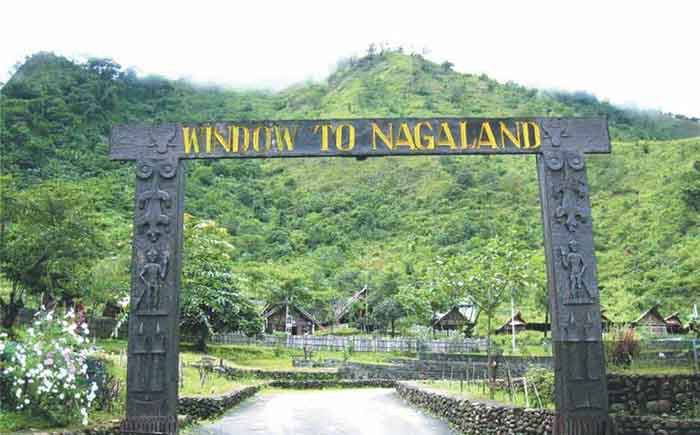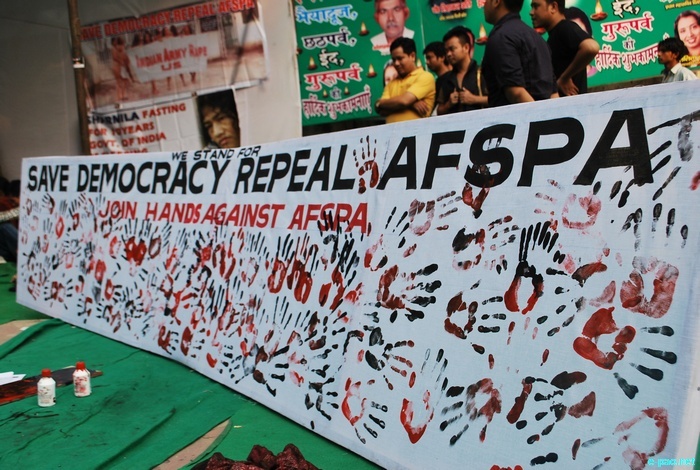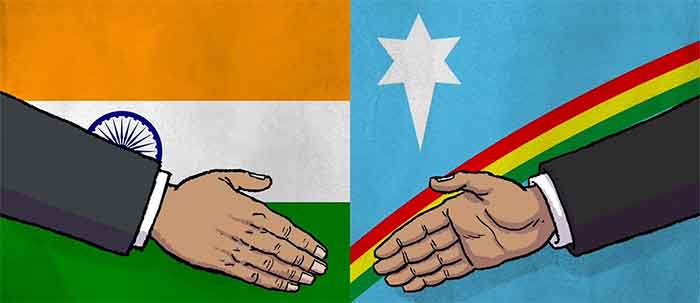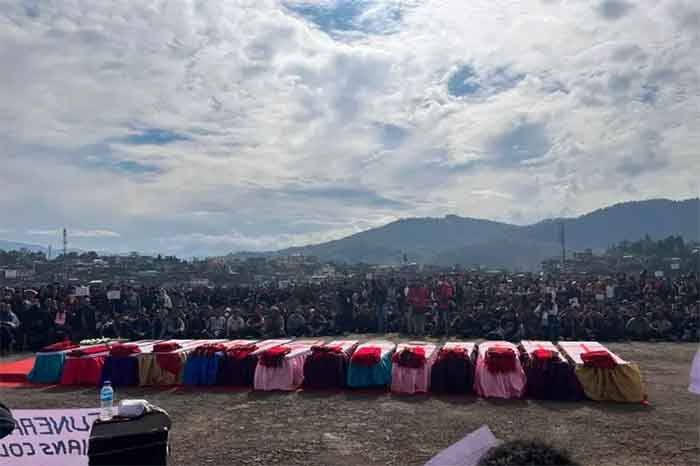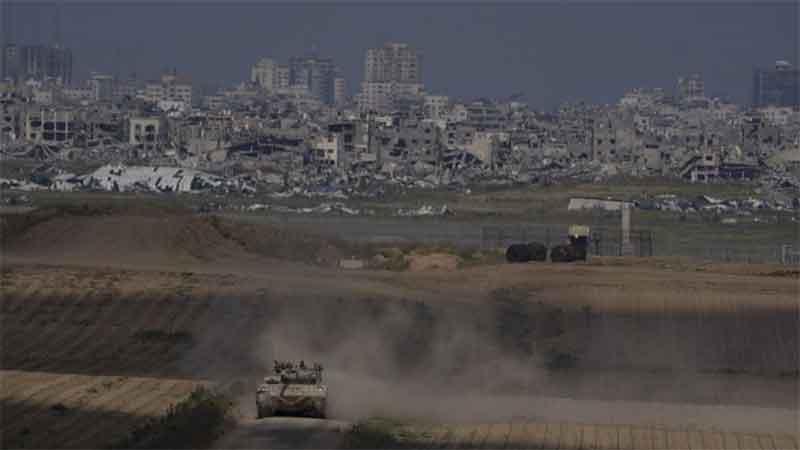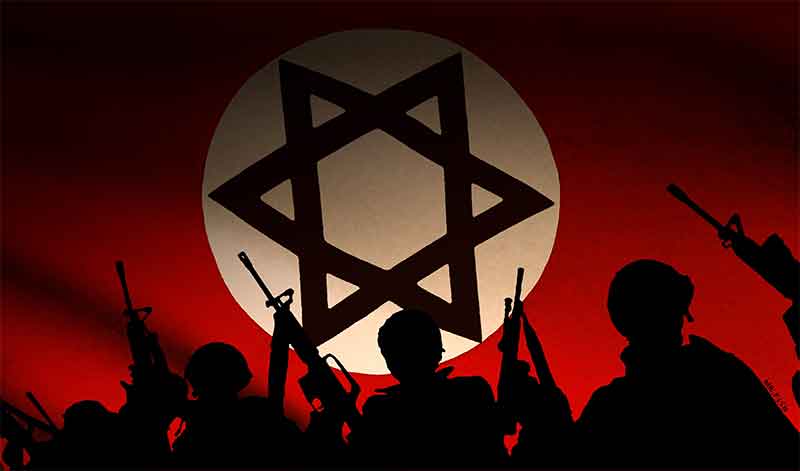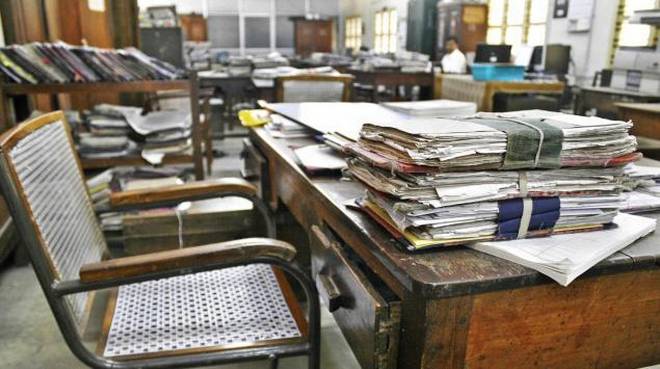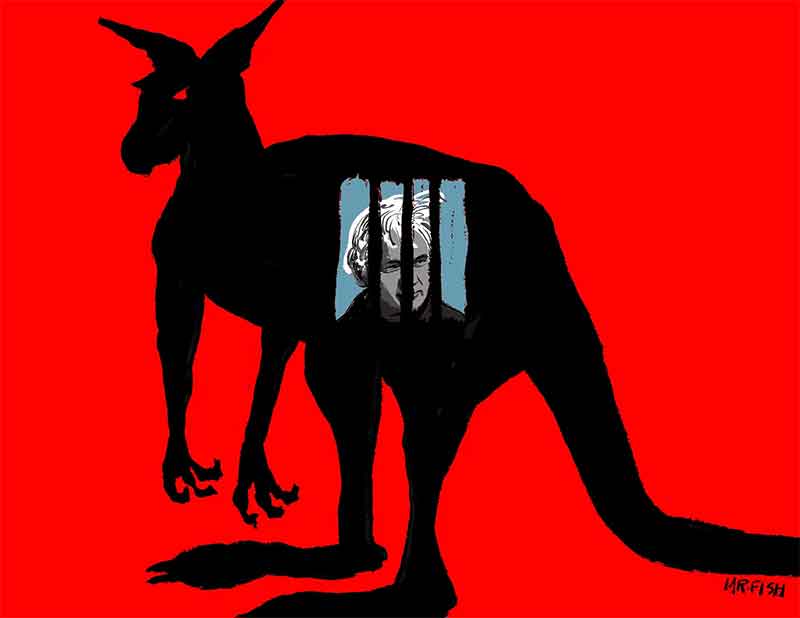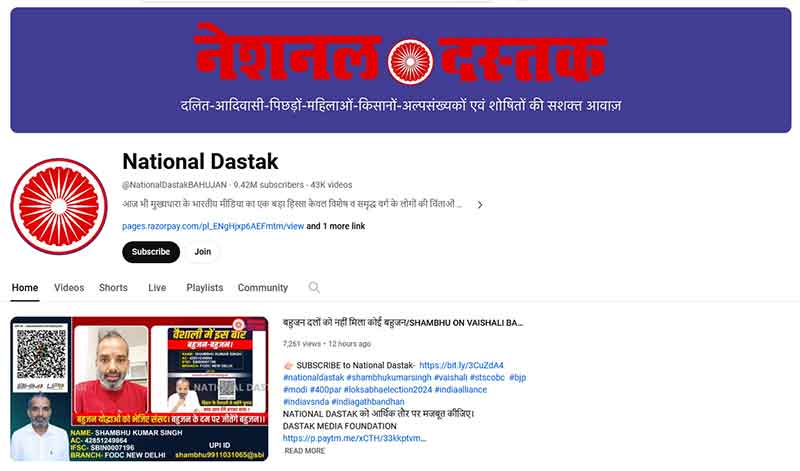PUCL DEMANDS from the Government of India: Immediately Prosecute Military Officials for Murder! Publicly Declare: No Immunity from Prosecution u/s 6 of AFSPA, Repeal Armed Forces Special Powers Act, 1958 (AFSPA)!!!
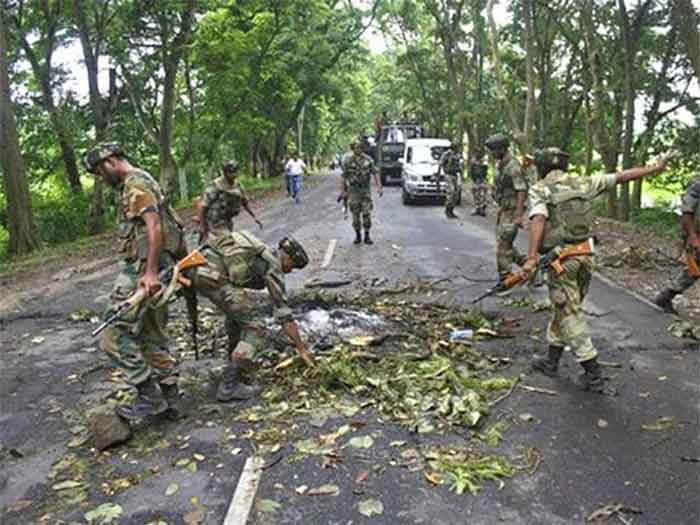
PUCL strongly condemns the tragic and brutal killing on Saturday, 4th December, 2021 of 6 unarmed civilians (belonging to the Konyak tribe), in a military ambush in an area between Tiru and Oting village in Mon District of Nagaland.
What is more shocking, and actually highlights the army’s absolute impunity, is the further shooting down by the military forces, of 8 other civilians on Sunday, 5th December, 2021, in Mon Town when local villagers protested the killings.
Most tragically, villagers protesting the murder by the army were themselves murdered, in even larger numbers.
The reasoning of the military that the military ambush was required as part of covert operations conducted by the security forces to intercept movement of armed cadres lacks any logic or rationale as Mon district and the region itself has not witnessed any armed conflict for several decades.
No amount of post facto attempts to explain the two shocking incidents can wipe out the harsh reality that the deaths of 14 civilians is nothing short of cold blooded murder. What should follow from this chilling and logical conclusion is that all the security officials involved, including senior military and intelligence officers should be prosecuted for murder, arrested immediately and made to stand trial.
The Indian Government should not obfuscate and try to cover up the murders that have taken place. The Government of India should categorically declare that the guilty military / security officials will not be given immunity under section 6 of the AFSPA which provides protection against prosecution for security personnel, even if they commit murder.
It is absolutely important that the government ensures an independent, fair and just investigation of the entire incident leading to the prosecution of all officials responsible followed by a speedy conclusion of the trial. Only then can there even be a beginning to the process of healing from this brutal and cold blooded double massacre.
The large-scale killing of innocent, unarmed civilians by military forces in Mon district of Nagaland once again exemplifies the reluctance of the Indian state to arrive at a mutually agreeable political solution to the demands of the people of Nagaland. What is most tragic is that for almost 2 decades the people and most political groups of Nagaland have willingly forsaken armed conflict in favour of negotiated settlement to their political demands. Despite this, the Government of India, has till now has not come forward with a concrete proposal and clinched the peace talks with the Naga groups. Under these circumstances, there is now a greater responsibility on the Government of India to show their bona fides by both ensuring that the security officials are named as accused and prosecuted for the murders while also ensuring that the delayed Peace Talks are concluded expeditiously.
The PUCL would like to bring to the attention of the Indian government that the entire North East region is seething with anger against the impunity, and immunity, extended to the army and security forces because of the special laws like the Armed Forces Special Areas Act (AFSPA) and the Disturbed Areas Act, which not only provide immunity from prosecution for military and security officials but also puts the civilian administration under the control of the security forces. The use of paramilitary and military forces without accountability to democratic institutions or being subject to judicial oversight, has led to large scale militarisation of Nagaland, and indeed the entire North East region.
This approach has led to the Government dealing with demands of people for accountability, transparency and justice being seen through the `military or security’ lens and being dubbed `anti-national’ and a threat to the security of the nation warranting military actions. Repeated army excesses including encounter killings and continuing armed clashes only underscores that peace cannot be brought about using the military and armed might of the security forces but by holding peace talks, respecting the views, sentiments and dignity of people of the region and engaging in genuine discussions to find a political solution to the varied problems in the North Eastern region. Strong arm tactics have only led to further aggravating the sense of anger, frustration and alienation of local people.
It is high time that the Government of India repeal the Armed Forces Special Powers Act (AFSPA), the Disturbed Areas Act and other military laws, which have not helped to bring peace to the troubled areas of the North East.
Justice is what is urgently required and the Indian Government must move beyond facile apologies and urgently undertake reparative action which should include prosecution and punishment of the guilty as well as the repeal of laws which have permitted this state of impunity to continue unchallenged for over seventy years.
Dr. V. Suresh, General Secretary, PUCL

